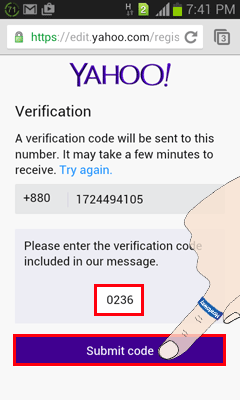Are you a business owner? If so, some of your most treasured and valuable possessions are kept within the solid, steel-like confines of your website and its server. Just as you should lock and protect your tangible safe with all its valuable possessions, so should you do with your digital safe.

“I’m not worried,” you say, “I have an SSL certificate.” Well, I hate to be the bearer of bad news, but an SSL certificate doesn’t lock and protect your website. It just locks and protects credit card transactions. And just to keep the “digital safe” analogy going, once you have given hackers access to your website by not scanning it for security vulnerabilities, they will open it. Once open, they can edit the combination to your digital safe, sending all your customers’ credit card information securely and safely (locked and protected through the SSL) to their bank instead of yours.
Legitimate business owners keep their websites protected and safe from hackers by having Trust Guard run daily security scans to check for vulnerabilities. Don’t think your site has issues and that it never will? Think again. 86% of the time, when Trust Guard scans a website for the first time, it fails. 86%. That’s more than 4 out of every 5 websites. Now how confident do you feel? Visit Trust Guard today! Contact Shayne@trust-guard.com. He’ll give your website a free initial scan to let you know if you’ve already given hackers the combination to your digital safe.
Read the rest of the article here:
http://epicecommercetools.com/2016/12/19/whats-the-combination-to-your-digital-safe/
Check out these awesome articles for FREE!
How to Recover from Business Setbacks
Live Chat: The Perfect Matchmaker!
Tips to Improve Your Email Security
Care More about Your Customers!



 The paper found that people feel “overwhelmed” with having to be on constant alert from cyber attacks. They are also negatively affected by the proliferation of
The paper found that people feel “overwhelmed” with having to be on constant alert from cyber attacks. They are also negatively affected by the proliferation of 



